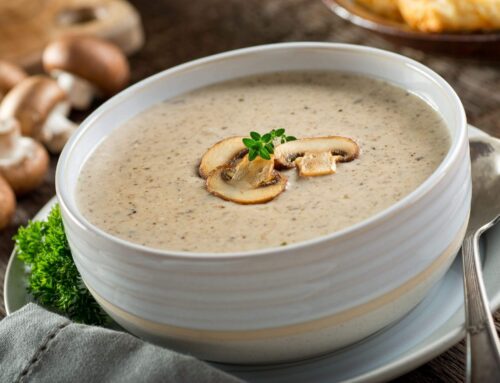Essential oils are made from the liquid essence of plants and have long been used to provide many health benefits, from aiding stress, increasing relaxation and improving sleep quality to anti-inflammatory effects in the body.
Inflammation can cause redness and swelling and can be caused by an injury or infection. A range of severe health conditions such as heart disease, obesity, or even depression, can cause chronic inflammation.
Which ones should you use
Although research is limited, there’s some evidence to suggest that essential oils help. Studies have found the following essential oils have anti-inflammatory properties:
- thyme
- clove
- rose
- eucalyptus
- fennel
- bergamot
Research showed that these oils reduced the expression of the inflammation by at least 25%. Thyme essential oil had the most effects, reducing inflammation levels by nearly 75%.
There are different ways you can use essential oils. Each serves its purpose and can be more effective depending on the cause of inflammation. Some uses include:
Diffusion: an essential oil diffuser will allow essential oil particles to disperse directly into the air. Inhaling the scent may help you relax. These sents can be particularly useful for stress-related inflammation.
Massage: apply diluted essential oils directly to the affected area, massage the skin and work the oil around the area. This application could help in reducing visible swelling and pain.
Orally: use essential oils orally by gently rinsing the diluted liquid at the back of the throat. Studies found that using an essential oil mouthwash helped reduce gum inflammation caused by gingivitis. Be sure to use an essential oil recipe or products recommended explicitly for oral use. You should never shallow essential oils.
If you’re pregnant or breast-feeding, you should exercise caution when using essential oils of any kind.
It’s important to speak with your GP or health care professional before using essential oils to reduce any inflammatory symptoms.






